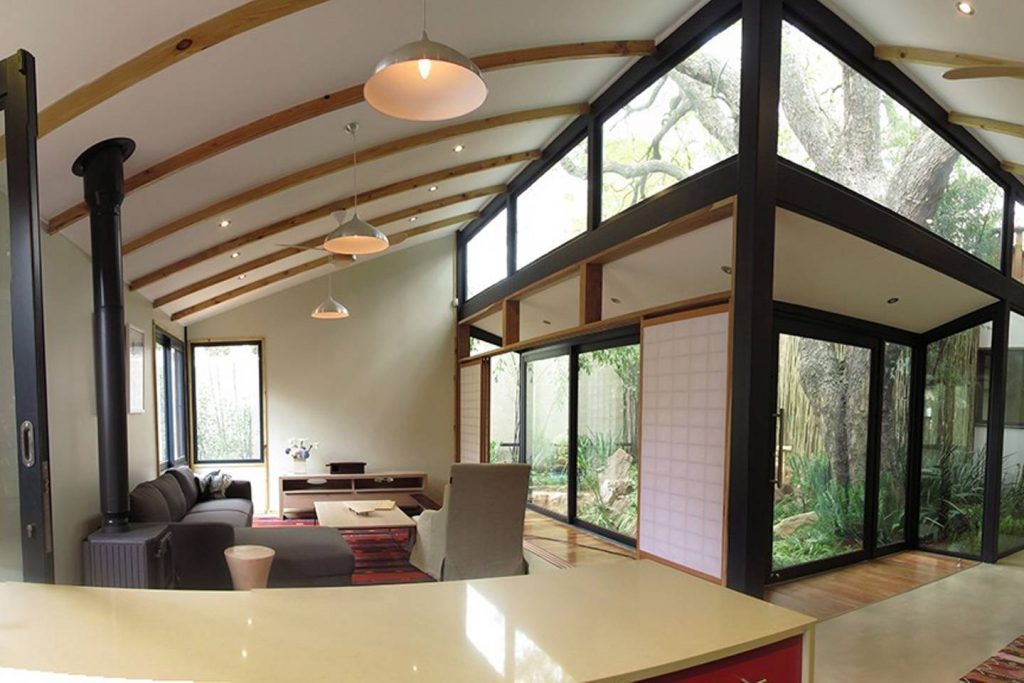Airbnb Growth in Southern Africa Raises Familiar Issues

Skift Take
Airbnb is booming in Africa, but the first cracks in the success story are beginning to show – in hotels griping about the lack of regulations, and locals priced out of prime property. Can African cities avoid the side effects of the sharing economy that already blight more-developed markets?
Editor's Note: Gateway is a Skift series featuring first-hand, original stories from our correspondents embedded in cities around the world. The logo reflects where the correspondent is based and not necessarily the article's focus. Read about the series here.
As millennial travel takes off and domestic tourists hunt for holiday discounts, Airbnb is booming in Africa. Admittedly off a low base, the continent is amongst the fastest-growing regions for the home-sharing service, with over 100,000 listed properties hosting more than two million travelers over the last five years.
Those figures come from a recent study released by Airbnb, which is keen to highlight the positive effects of the sharing economy on grassroots tourism. Chris Lehane, Airbnb’s global head of public policy and public affairs, talked about the study in Johannesburg last month and committed the company to investing $1 millio
